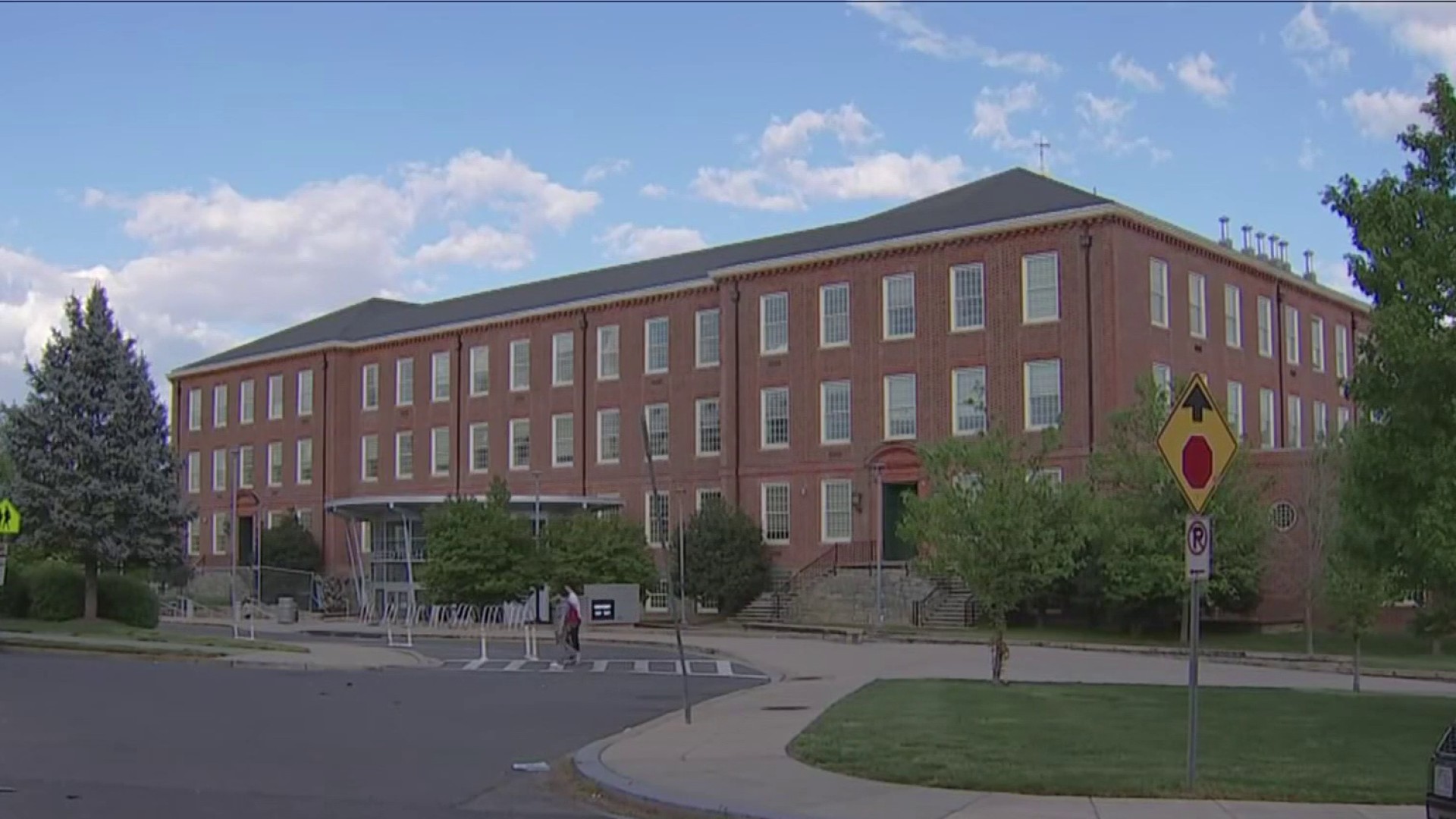Delaware Sen. Tom Carper is getting behind Postmaster General John Potter in seeking greater independence for the U.S. Postal Service.
The Washington Post reports Carper is set to introduce legislation that could “end Saturday mail deliveries, close thousands of post offices and open new ones in grocery stores.” The USPS “would also recover overpayments to a federal employee retirement fund and use the money to provide health benefits for retired postal workers.”
The bill would also let the USPS make more decisions on its own without federal involvement (home rule for the post office?) and let the Postal Service work with state governments to add driver’s license applications and voter registration forms at postal locations -- a clever idea to streamline day-to-day bureaucracy. The bill would also let the USPS recoup some of the $75 billion it has overpaid into the Civil Service Retirement System since 1972.
“If we do nothing, we face a future without the valuable services the Postal Service provides,” said Carper. “However, if we act quickly, we can turn things around by passing this necessary bill that would give the Postal Service the room it needs to manage itself and avoid it becoming the latest victim of congressional gridlock.”
Anything that helps improve this truly dysfunctional agency is worth trying. Right now, it costs more than the price of a first-class stamp for the USPS to actually move each letter, and the USPS closed out the last fiscal year $7 billion in the red. Even with job cuts equivalent to 120,000 full-time positions over the past few years, the post office is running a deep deficit. The average compensation for a postal worker is $83,000 per year, and those workers have the powerful American Postal Workers Union keeping that number from going down.
When the USPS does try to cope with its problems, politicians often get in the way. Last year, the Postal Service proposed consolidating 3,000 locations. But after individual members of Congress pared the list of all the district outlets they wanted to save, the list was left at just 157.
Carper’s proposal might not get far. Democrats are not likely to take it up before this fall’s elections, and Republicans, who are expected to gain seats in both the Senate and House, are skeptical.
Local
Washington, D.C., Maryland and Virginia local news, events and information
Rep. Darrell Issa, who would head the House committee dealing with postal issues if the GOP gains control, called Carper’s bill “a thinly disguised taxpayer-funded bailout.”
One option that could be on the table if Republicans take charge: privatization. Germany has privatized its post office, and even a social democracy like Sweden -- one of those “welfare states” conservatives love to criticize -- has ended the government mail monopoly.



